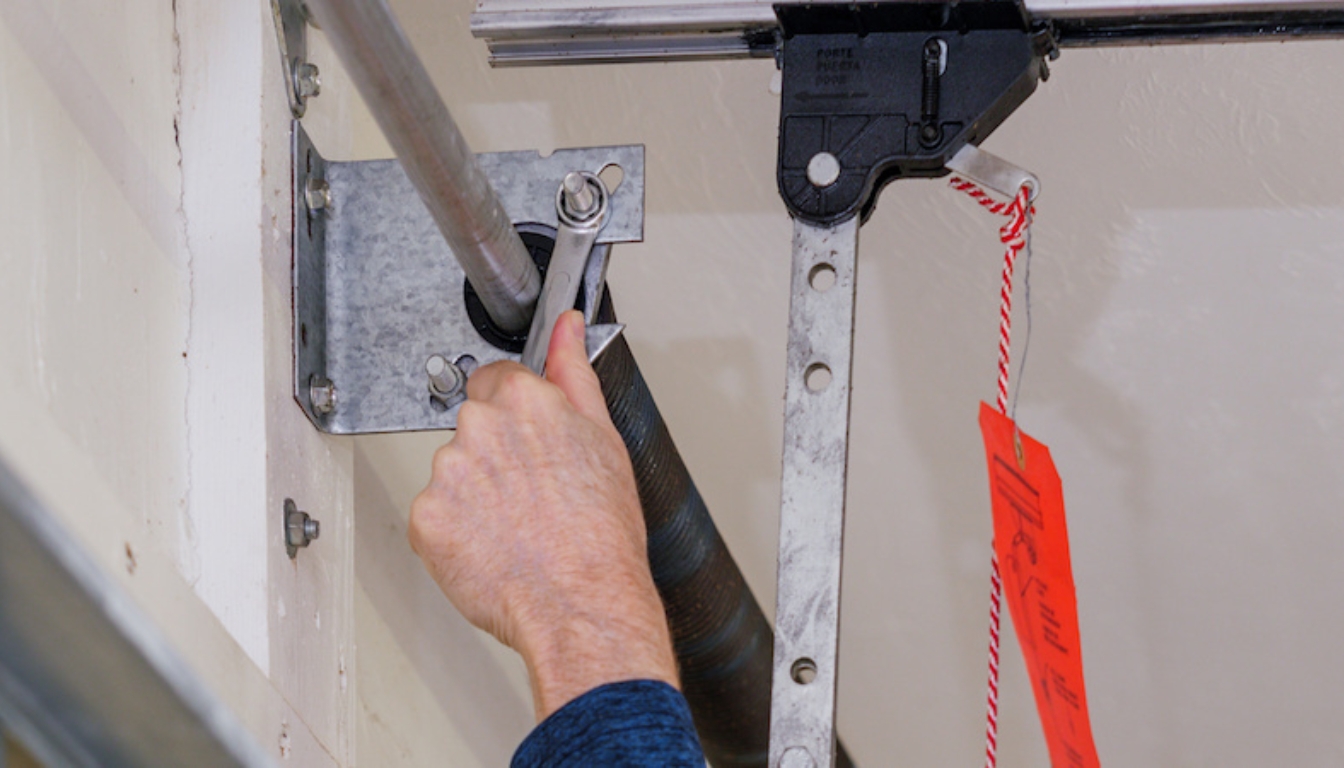Introduction
Homeownership comes with a plethora of responsibilities, and one area that often gets overlooked is the garage. In many homes, the garage serves as more than just a place to park your vehicle; it's a workshop, a storage unit, and sometimes even a makeshift gym. With all these functions packed into one space, ensuring safety in the garage is of utmost importance. This article will explore Garage Safety Essentials: What Every Homeowner Should Know, highlighting everything from essential maintenance tips to common issues and how to address them effectively.
Garage Safety Essentials: What Every Homeowner Should Know
When it comes to maintaining a safe environment in your garage, it's crucial to be proactive. From regular inspections to understanding emergency repairs like garage door spring repair or garage door motor repair, knowledge is your best defense against accidents and costly repairs.
Understanding Garage Door Types
There are several types of garage doors available on the market today. Knowing the different types can help homeowners make informed decisions about installation and maintenance.
1. Sectional Garage Doors
Sectional doors are made up of several horizontal panels that move upward along tracks when opened. They offer great insulation options and are generally easy to maintain.
2. Roll-Up Garage Doors
These doors roll up into a coil when opened. They are commonly used in commercial settings but can also be found in residential areas.
3. Side-Hinged Garage Doors
garage door repairsThese traditional doors swing open from the center, similar to standard doors. They https://www.hotfrog.com.au/company/49777e78728e89b23487755916d16135/impact-doors/burpengary/doors require more space outside but can add charm to your home.
4. Tilt-Up Garage Doors
Tilt-up doors consist of one solid piece that tilts up and into the garage ceiling when opened. These are less common but can be more affordable.
Common Garage Door Materials
The material of your garage door plays a significant role in its durability, insulation properties, and overall maintenance needs.
1. Steel
Steel is one of the most popular materials due to its robustness and low maintenance requirements.
2. Wood
Wooden doors provide aesthetic appeal but require regular upkeep and treatments for weather resistance.

3. Aluminum
Aluminum doors are lightweight and resistant to rust but may not provide as much insulation as heavier materials.
4. Fiberglass
Fiberglass doors mimic wood's appearance without the hassle of maintenance, making them an attractive option for many homeowners.
Common Garage Door Problems
Every homeowner should be aware of potential problems that could arise with their garage door system:
- Garage Door Not Opening or Closing: This issue could stem from faulty sensors or problems with the remote. Strange Noises During Operation: Grinding or squeaking sounds may indicate the need for lubrication or parts replacement. Door Off Track: This calls for immediate attention as it can lead to further damage. Damaged Panels: Dents or cracks can compromise insulation and aesthetics.
Regular Garage Door Maintenance Tips
To keep your garage door functioning smoothly, consider implementing these maintenance tips:
Inspect Regularly: Check for any signs of wear or damage at least once every month.
Lubricate Moving Parts: Apply lubricant to rollers, tracks, and hinges every few months.
Test Safety Features: Ensure auto-reverse mechanisms work properly by placing an object under the door while closing it.
Tighten Hardware: Regularly check bolts and screws for tightness as they can loosen over time.
Clean Tracks: Dirt buildup in tracks can hinder movement; clean them regularly for optimum performance.
Emergency Garage Repair Scenarios
Sometimes unforeseen circumstances arise that necessitate emergency repairs:
- If your garage door becomes stuck halfway down, avoid forcing it open; instead, contact a professional. If you hear unusual noises coming from the motor unit during operation, immediately stop using it until you diagnose the issue.
FAQs About Garage Safety
1. What should I do if my garage door won't open?
If your garage door won't open, first check if there’s power supply issues or if the remote batteries need changing. If everything appears normal, inspect sensors for blockages before calling for professional help.
2. How often should I perform maintenance on my garage door?
It’s recommended that you perform routine inspections every month and deeper maintenance at least twice a year.
3. Can I repair my own garage door?
Many minor issues such as lubrication or tightening hardware can be handled DIY-style; however, complex repairs like spring replacements should always be left to professionals due to safety risks involved.
4. What types of garage door sensors are there?
Most modern systems use photoelectric sensors that detect obstructions in the doorway’s path; others may use pressure sensors integrated into hinges or rollers.
5. Is it worth investing in insulated garage doors?
Absolutely! Insulated doors help maintain temperature control within your home while also reducing energy costs—especially important if you use your garage as additional living space!
6. How do I find reliable “garage door repair near me” services?
Check online reviews through platforms like Google Reviews or Yelp for local providers specializing in various aspects such as garage door track repair or garage door cable repair.
Conclusion
Understanding Garage Safety Essentials: What Every Homeowner Should Know cannot only prevent accidents but also save you money in repairs over time! By being well-informed about necessary maintenance practices—from recognizing common problems like failing motors to knowing when it's time for professional assistance—you'll ensure that your family enjoys all the benefits this versatile space has to offer without compromising safety.
This article provides an extensive overview of what every homeowner ought to know concerning their garages—from types of doors available right down through detailed FAQs surrounding safety concerns! It's advisable then—to keep this guide handy so you can proactively address any challenges ahead!